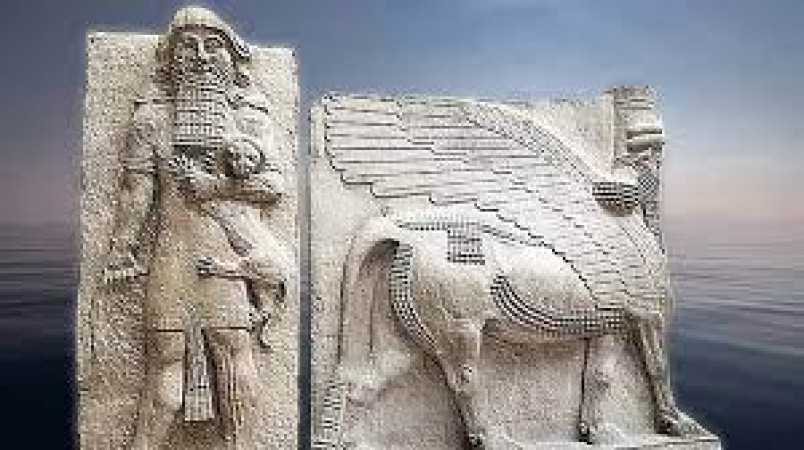
The quest to understand our origins has fascinated humankind for centuries. One of the most intriguing questions revolves around the first man on Earth. Who was he, and how did he shape our existence? In this article, we delve into the concept of the first man, exploring religious, mythological, and scientific perspectives to shed light on this captivating topic.
The Concept of the First Man: The concept of the first man varies across different belief systems and cultures. In religious texts, such as the Bible, Adam is regarded as the first man created by God. Similarly, other religious traditions have their own narratives about the origin of the first man, often symbolizing the beginning of humanity.
Theories and Legends Surrounding the First Man:-
Religious Perspectives: Religious accounts attribute the creation of the first man to divine intervention. These narratives provide a spiritual understanding of our origins and emphasize the significance of the first man in shaping human history and destiny.
Mythological Accounts: Mythologies from around the world offer diverse tales about the first man. From ancient Greek mythology's Prometheus to the Sumerian legend of Enki and the Babylonian story of Adapa, these myths reflect the cultural beliefs and values of their respective societies.
Scientific Insights and Evolutionary Theories:-
Homo Sapiens and Our Ancestors: From a scientific standpoint, Homo sapiens, the modern human species, evolved from earlier hominin ancestors. Our lineage can be traced back to species such as Homo erectus and Homo habilis, which inhabited the Earth millions of years ago.
The Out-of-Africa Theory: The Out-of-Africa Theory suggests that Homo sapiens originated in Africa and gradually migrated to other parts of the world. Genetic studies and fossil evidence support this theory, indicating that all humans today share a common African ancestry.
Early Human Civilizations: As humans evolved and spread across the globe, various early civilizations emerged. These civilizations, such as Mesopotamia, Egypt, the Indus Valley, and ancient China, contributed to the development of agriculture, writing systems, architecture, and governance. The first man played a pivotal role in the establishment and advancement of these early human societies.
Contributions and Achievements: The first man's contributions to human civilization are vast and encompass a wide range of fields. From the discovery and mastery of fire to the invention of tools and the development of language, the first man's ingenuity and resourcefulness laid the foundation for future progress. Additionally, the ability to form social structures, cultivate crops, and engage in trade further propelled human development.
Conclusion: The question of the first man's identity may remain open to interpretation due to the various perspectives offered by religion, mythology, and science. While religious and mythological accounts provide symbolic and spiritual explanations, scientific insights shed light on our evolutionary journey. Regardless of the specific individual, the first man represents the beginning of our collective human story, a tale filled with discoveries, achievements, and the relentless pursuit of knowledge.
Dramatic Chase Ends in Arrest: Lokayukta Police Nabs Corrupt Food Inspector in Bengaluru
Genetic Consequences: Endogamy Linked to Persistence of Harmful Variants in India